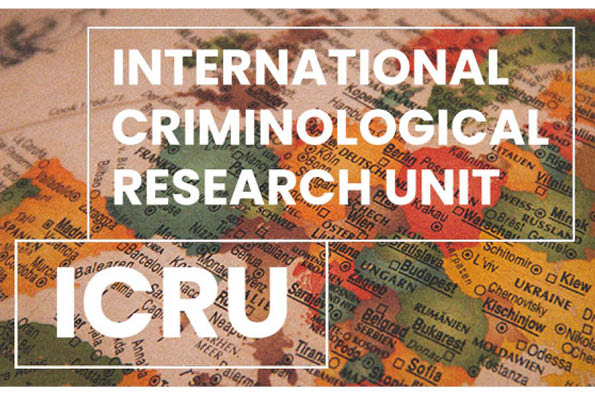
Digiqueer Criminology and Addressing the Rise of Anti-Lgbtq+ Hate - Dr Justin Ellis
Add this event to my calendar
Click on "Create a calendar file" and your browser will download a .ics file for this event.
Microsoft Outlook: Download the file, double-click it to open it in Outlook, then click on "Save & Close" to save it to your calendar. If that doesn't work go into Outlook, click on the File tab, then on Open & Export, then Open Calendar. Select your .ics file then click on "Save & Close".
Google Calendar: download the file, then go into your calendar. On the left where it says "Other calendars" click on the arrow icon and then click on Import calendar. Click on Browse and select the .ics file, then click on Import.
Apple Calendar: The file may open automatically with an option to save it to your calendar. If not, download the file, then you can either drag it to Calendar or import the file by going to File >Import > Import and choosing the .ics file.
About the speaker: Dr Justin Ellis is a senior lecturer in criminology at the Newcastle School of Law and Justice and convenes the Bachelor of Criminology and combined degrees program. Justin has a PhD in criminology from Sydney Law School and has taught and researched in criminology for a decade, including at Sydney Law School, UTS Law School, and at UNSW. His research focus on social justice examines the relationship between digital media technologies and trust and confidence in criminal justice institutions, with a focus on policing in LGBTQ+ communities. Justin is editor-in-chief of Q1 ranked journal Current Issues in Criminal Justice, the journal of the Sydney Institute of Criminology. justin.ellis@newcastle.edu.au.
Praise for Representation, Resistance and the Digiqueer: Fighting for Recognition in Technocratic times:
‘Mixing critique and hope, this timely book reminds us that fusing digital technologies and daily life cuts both ways for queer identities. LGBTQ+ people create pleasure and recognition as they navigate surveillance and harassment. Ellis offers a much-needed push to seize queerness as an unsettling practice of resistance’.
Mary L. Gray, Indiana University
‘This is a trailblazing and incisive examination of the contradictory connectivity between digital media, queer identity and justice. It is a must-read for scholars and activists interested in sexual politics and representation’.
Gail Mason, Sydney Law School
